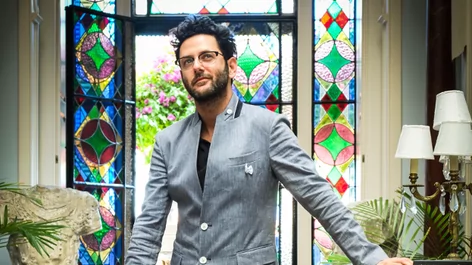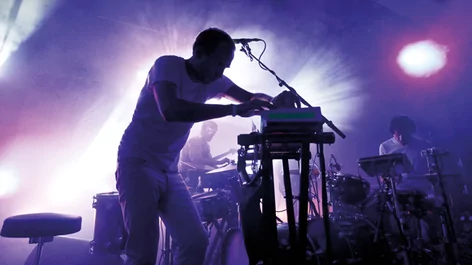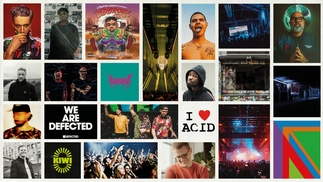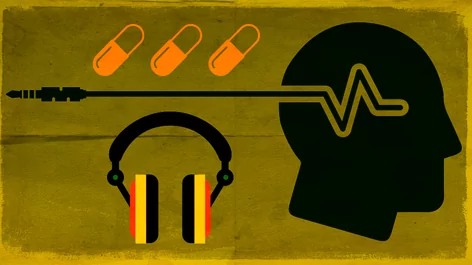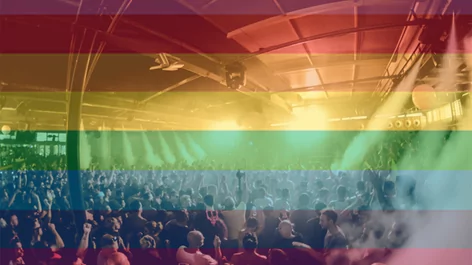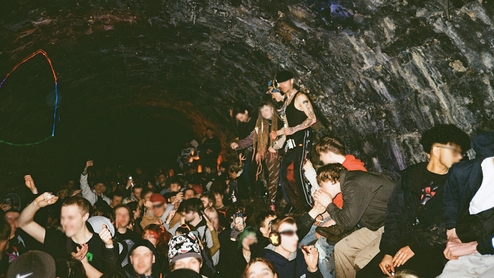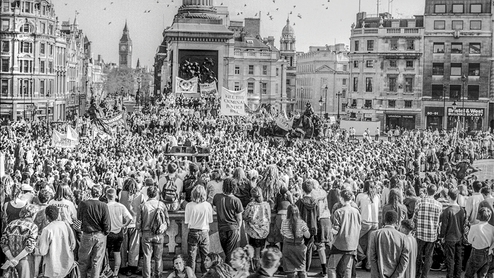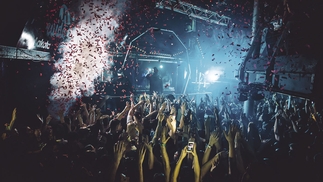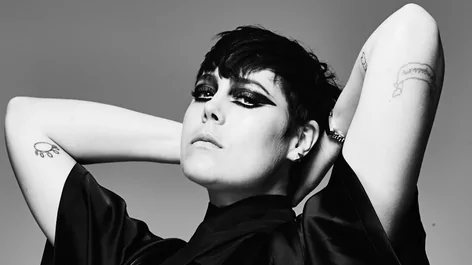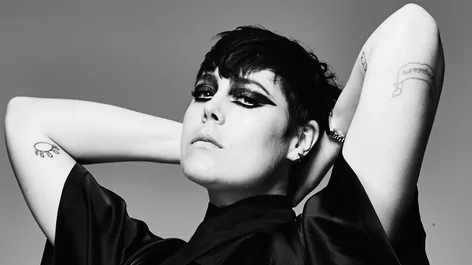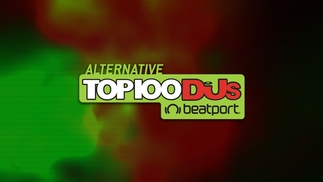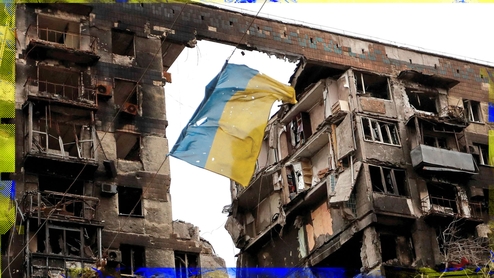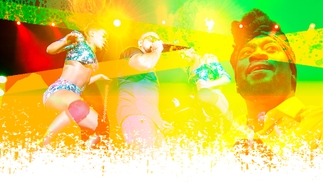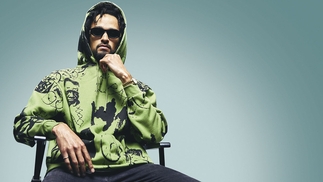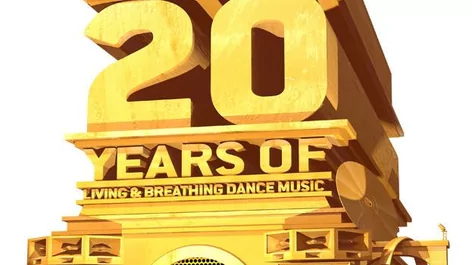This year marked the 13th edition of DJ Mag's Best Of British awards, our annual celebration of UK talent. Positioned as a counter-balance to the...
Search
Results for: Electro
Three years after its planned release date, Guy Gerber's ‘11:11’ album with Puff Daddy is finally about to arrive...
It's fitting that Guy Gerber's newest label, and accompanying series of parties, is called Rumors. After all, these have abounded since he first revealed that...
We met him in London to talk about his dance epiphany, the importance of staying true to your vision, and giving his fans what they...
“Everything I do, I see myself as a bit of an outsider, I'm not strictly within the dance music world, I'm not strictly within the...
The votes have been counted and the winners in this year’s DJ Mag of British Awards have been announced
With mental health and wellbeing one of the principal keynote topics at the International Music Summit (IMS) in Ibiza at the end of this month...
Flying high in the music industry can seem idyllic, but is there a price to pay? Coupled with the perceived glamour is a 24/7 lifestyle...
The dance scene owes much to gay culture...
Earlier this year, Lithuanian producer Ten Walls was riding on a wave of global love with his big-room smasher ‘Walking With Elephants’. Then, in...
Though arguably most prominent in the ’90s, free parties and illegal raves have never gone away. Despite the increased surveillance from authorities, passionate DJs and sound systems continue to throw events in a similar way that they always have, looking to create a sense of community and an alternative to the commodified dance mainstream. Dave Jenkins heads to a free party, and speaks to some of the illegal rave scene’s advocates about why they keep the fire burning
1st May 1994 was the first big London protest against the looming Criminal Justice Bill, the piece of legislation that first proscribed a genre of music — rave music, “wholly or predominantly categorised by the emission of a succession of repetitive beats” — in law. Despite widespread demonstrations at what was seen as draconian power-grabs by the UK authorities, the Bill became law later in 1994. Here, Harold Heath looks back at the reaction from the dance music community at the time, and the Act’s lasting impact on the rave scene today
The relationship between dance music and British politics has often been fraught and confrontational. But in the last five years, promoters and politicians have started...
She’s the Paris-based New Yorker who’s overcome the struggle of addiction and dance music industry tokenism to forge her own path. Louisa Pillott, aka LOUISAHHH...
"Oh, I’ve done a lot of very different stuff,” LOUISAHHH!!! grins at DJ Mag across a backstage corridor. “I’m a certified cycling instructor, for example,”...
The Paris-based, NYC-born DJ/producer fronts this month's issue...
"Oh, I’ve done a lot of very different stuff,” LOUISAHHH!!! grins at DJ Mag across a backstage corridor. “I’m a certified cycling instructor, for example,”...
Using data from Top 100 DJs voters and house/techno Beatport purchases, we present the Alternative Top 100 DJs 2020
Amidst the horrors of russia's war on Ukraine, local DJs, producers and music professionals have had their lives ripped apart, but many have passionately continued their work at home and abroad, using their experience to provide funds and direct aid to causes on the ground. Here, Tanya Voytko talks to artists from across the country about their personal experiences over the past six months, and to learn how they’re striving to preserve and promote their rich and diverse electronic music culture
Born in Jamaica around half a century ago, dancehall music has found fans, artists and chart-topping success all around the globe in the decades since...
As one half of the duo behind behemoth label and party series Solid Grooves, UK DJ and producer PAWSA has been a quiet but powerful...
For 20 years, DJmag has been in amongst it, at the vanguard of dance and electronic music culture, commentating, conversing and partying within the scene...
By the middle of 1991, the UK had experienced the biggest youth revolution since punk. Acid house had swept the nation in the late '80s...
